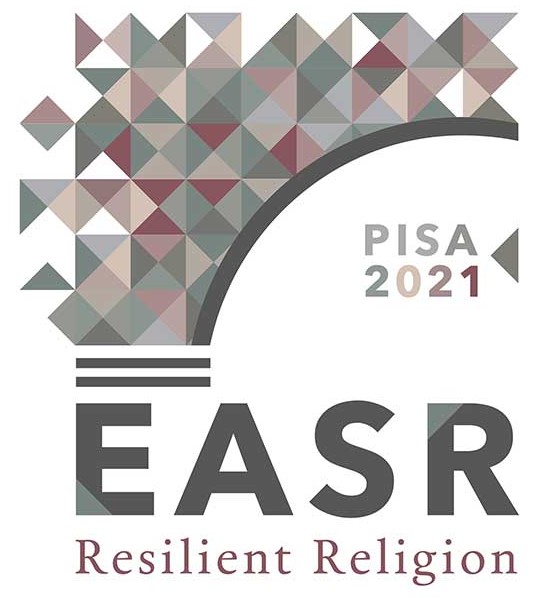
Eileen Barker.
PhD, PhD h.c., FAcSS, FBA, OBE is Professor Emeritus of Sociology with Special Reference to the Study of Religion at the London School of Economics, University of London. Her main research interest is ‘cults’, ‘sects’ and new religious movements, and the social reactions to which they give rise. Since 1989 she has also been investigating changes in the religious situation in the post-communist countries of Eastern Europe, and has been visiting China and the Far East regularly over the past 12 years.
She has over 400 publications translated into 28 different languages, including 12 sole- authored and edited books, which include The Making of a Moonie: Brainwashing or Choice? which won the 1985 Society for the Scientific Study of Religion Book Award.
In the late 1980s, with the support of the British Government and mainstream Churches, she founded INFORM (www.Inform.ac), an educational charity based at the LSE which provides information about minority religions that is as accurate, objective and up-to-date as possible. In 2000, Her Majesty Queen Elizabeth II appointed her as an Officer of the Order of the British Empire (OBE) in the New Year’s Honours list for ‘services to INFORM’.
She was elected as a Fellow of the British Academy (FBA) in 1998, and in 2000, she received an Honorary Doctorate from the University of Copenhagen and was the recipient of the American Academy of Religion’s Martin E. Marty Award for the Public Understanding of Religion. In 2016 she was elected as a Fellow to the Academy of Social Scientists (FAcSS). She was the first non-American to be elected President of the Society for the Scientific Study of Religion; she is Honorary Life President of ISORECEA (the International Study of Religion in Eastern and Central Europe Association); an Honorary Research Fellow of the Institute of Philosophy, Academy of Science, Kiev. Both the International Cultic Studies (2013) and the Association for the Sociology of Religion (2020) have presented her with a Lifetime Achievement Award.
She is a frequent advisor to governments, other official bodies and law-enforcement agencies throughout the world, has made numerous appearances on television and radio, and has been invited to give guest lectures in over 50 countries.
Why Can’t we Stay – Just as We Are?
Challenges faced by first-generation religions and their more or less successful solutions.
Religions that are in tension with society and thus, almost by definition, showing a degree of resilience, have been categorised as sects or cults by sociologists. However, these terms have come to have decidedly pejorative connotations, frequently denoting little more than ‘a religion I disapprove of’. For this reason, the majority of social scientists studying the waves of religions that have appeared in the West since World War II have adopted the term new religious movement (NRM) in order to approach their study from a more neutral position. However, this term soon became problematic for several reasons, one of which being the changes just about all the movements underwent with the passage of time. My talk will use the term first-generation religion (FGR) to define those NRMs that consist predominantly of converts, then, having described some of the characteristics such movements may exhibit, examine ways in which they are under pressure to change far more rapidly and radically than older, more established religions. The more resilient FGRs manage to adapt in a variety of ways to changing circumstances as they become second-generation and then multi-generational movements, others that are less resilient to both internal and external pressures will find difficulty in surviving. At one extreme, the movement’s resilience involves transiting to another planet; at another extreme, the movement will adapt to the ways of society successfully enough for it to be classified as a denomination. Few FGRs, if any, remain in their original form.
